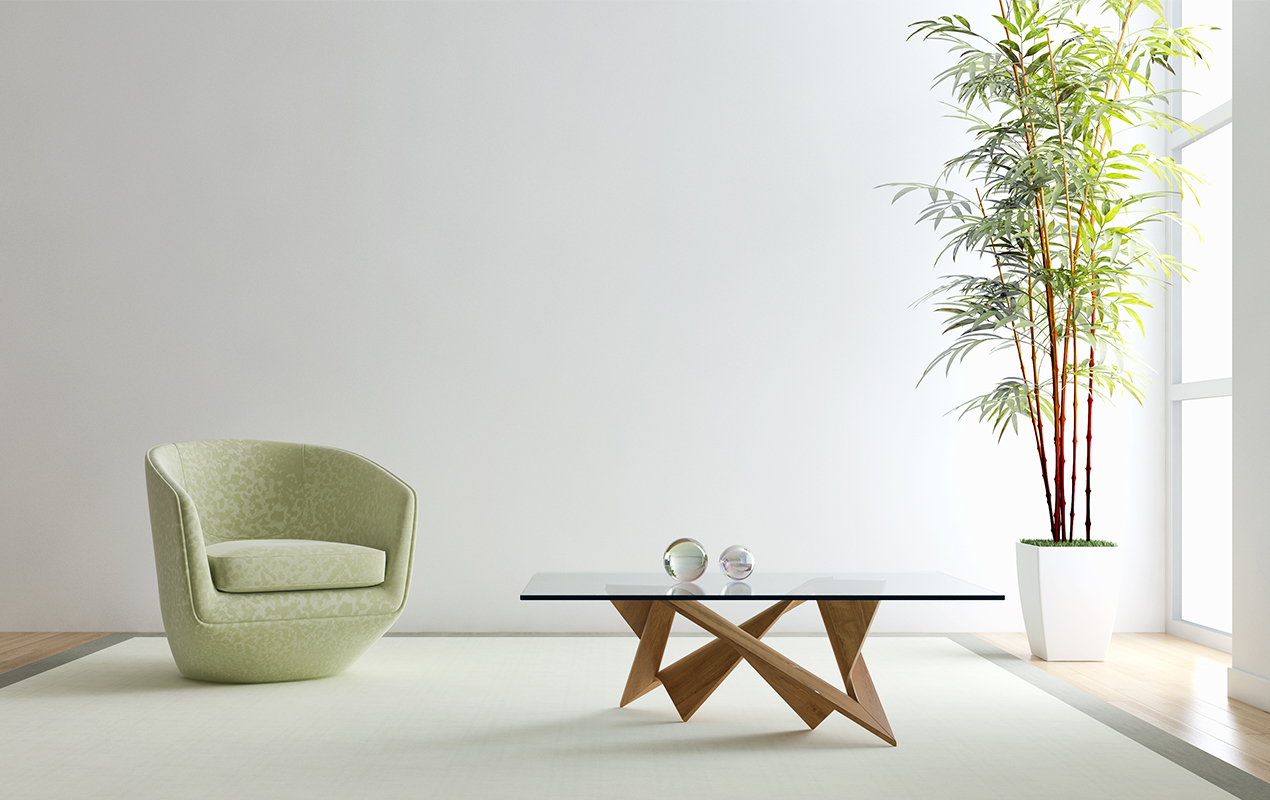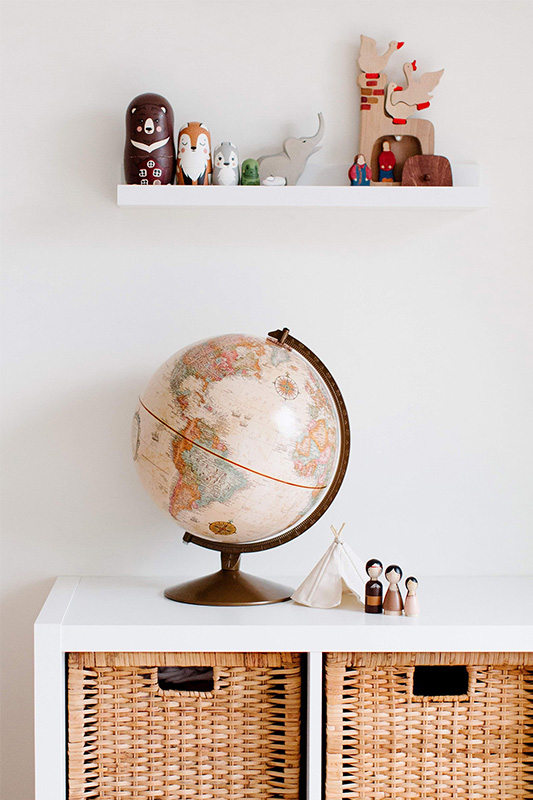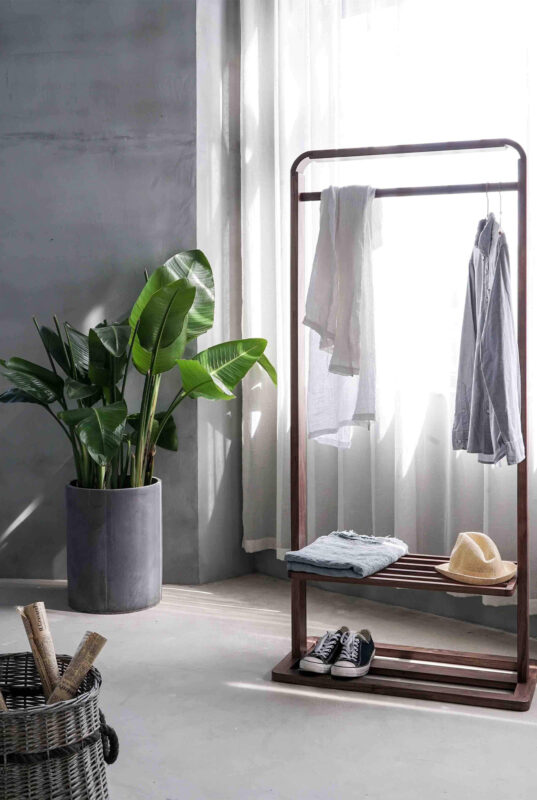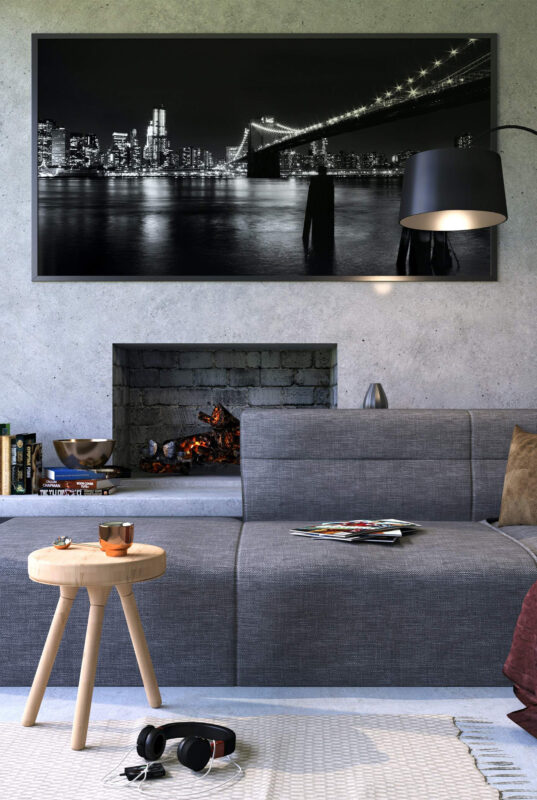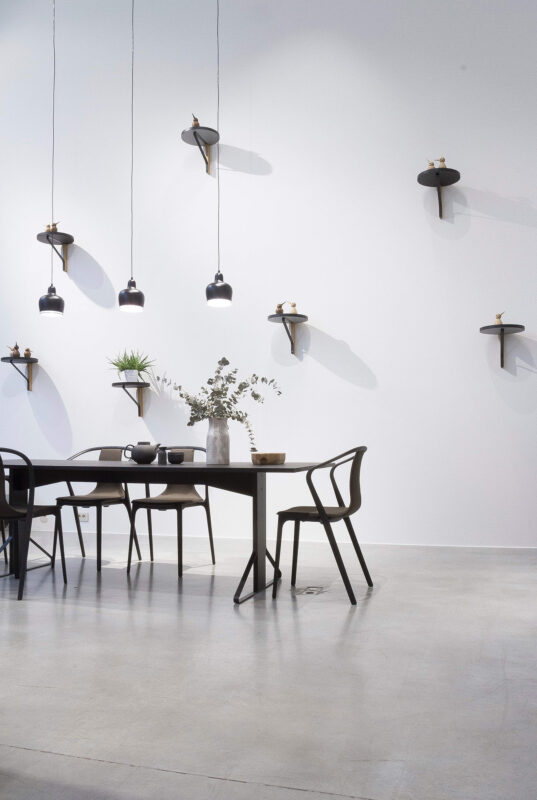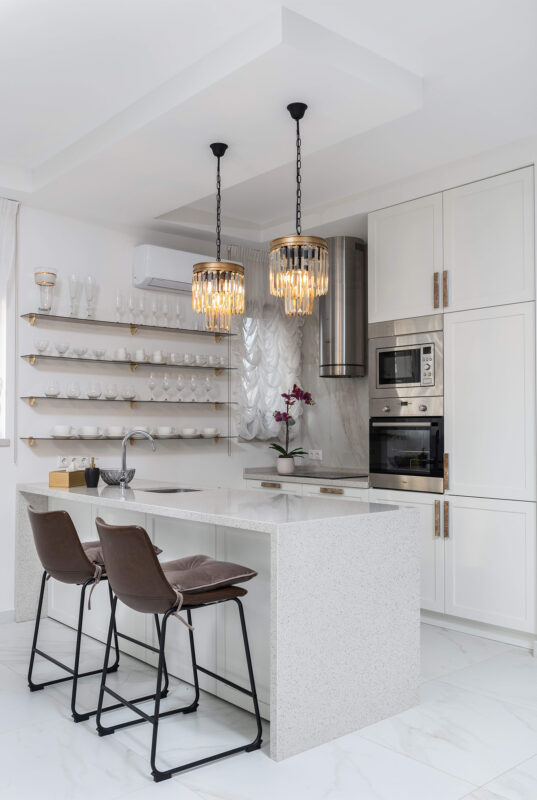Blog
Aga Cookware vs. Traditional Pots: What’s the Real Difference?

Cooking is more than just a daily task – it’s an experience. And the tools you use can either elevate that experience or leave you frustrated. For those who appreciate quality and longevity in the kitchen Aga Cookware has become a gold standard. But how does it really compare to traditional pots and pans?
In this article we’ll dive deep into the differences between Aga Cookware and traditional pots exploring everything from materials and performance to aesthetics and versatility. Whether you’re an experienced chef or a home cook who loves preparing hearty meals this guide will help you decide which option suits your cooking style best.
What Is Aga Cookware?
Aga Cookware is a line of premium kitchen essentials designed to work in perfect harmony with AGA range cookers. Known for its cast iron construction beautiful enamel-coated finishes and remarkable heat retention this cookware is ideal for slow even cooking.
Unlike mass-produced non-stick pans Aga pots are crafted with precision and built to last. They’re designed to deliver exceptional cooking results particularly in homes that use Aga cookers but can also be used on a variety of heat sources including gas electric and induction hobs.
Understanding Traditional Pots and Pans
Traditional cookware generally refers to everyday pots and pans made from materials such as stainless steel aluminium copper and non-stick alternatives. These are widely available and often more affordable making them a go-to choice for casual cooks and beginners.
However not all traditional pots are created equal. While some offer decent heat conduction they often fall short in heat retention and durability when compared to Aga Cookware. Many lose their non-stick surface over time or warp with frequent use.
Material Matters: Cast Iron vs. Common Metals
One of the most notable differences between Aga Cookware and traditional pots is the construction material.
- Aga Cookware is typically made from cast iron known for its durability and superb heat-retaining properties. Once heated cast iron maintains a consistent temperature making it perfect for slow-cooked stews casseroles and roasts.
- In contrast most traditional cookware is made from aluminium or stainless steel which heats quickly but loses heat just as fast. This can lead to hot spots and uneven cooking especially with cheaper models.
Additionally enamel-coated pots from Aga are easy to clean and don’t require seasoning like traditional cast iron.
Cooking Performance and Heat Retention
If you value slow cooking and even heat distribution Aga Cookware shines. Its heat retention is unmatched allowing food to cook gently and thoroughly without frequent stirring or temperature adjustments.
Traditional pots may be better suited for quick meals or boiling water but they often require constant monitoring to avoid scorching or uneven results. While many modern pans have improved with layered construction they still can’t match the natural performance of cast iron cookware.
Durability and Longevity
Durability is where Aga Cookware truly earns its reputation. These durable cooking pots are designed to last for decades – many users pass them down through generations.
Meanwhile traditional pots – especially non-stick varieties – tend to degrade over time. Scratches warping and coating deterioration are common complaints. If you’re looking for long-term value Aga wins hands down.
Aesthetics and Kitchen Appeal
Let’s not ignore the visual charm of Aga Cookware. With its timeless design and classic colour palette it adds a sense of sophistication to any kitchen. These pieces look just as good on your table as they do on your stove – and are often used oven-to-table reducing the need for extra serving dishes.
Traditional pots while practical often prioritise function over form. Most have a standard metallic look and cheaper options may wear or discolour over time.
Compatibility and Versatility
You might be wondering: can I use Aga Cookware if I don’t own an Aga cooker? Absolutely. While they’re optimised for AGA range cookers Aga pots and pans are also compatible with:
- Gas hobs
- Electric stoves
- Induction cooktops
- Open fires
- Ovens and grills
Their versatility makes them a worthy investment for any cooking enthusiast. Traditional pots may work across similar heat sources but may lack the multi-functional use (e.g. going from hob to oven to table) that Aga pieces offer.
Ease of Use and Maintenance
Aga Cookware may be heavier due to its cast iron construction but it’s relatively low maintenance. The enamel coating prevents rust and food usually doesn’t stick when cooked at the right temperature.
On the other hand traditional non-stick pots are lighter and easier to handle but often need more delicate care. Scratches and wear are common and they usually can’t handle oven temperatures or metal utensils.
Price and Value
Yes Aga Cookware is more expensive upfront. But considering the longevity performance and visual appeal many consider it a smart investment.
Traditional pots are more budget-friendly and accessible but may need frequent replacing. When evaluating cost over time Aga often proves to be the more economical option in the long run.
Where to Find Premium Aga Cookware
If you’re looking to upgrade your cooking experience with authentic high-quality Aga kitchenware look no further than Aga Cookware. Their carefully curated range includes essentials like cast iron casseroles saucepans frying pans and more – all specifically crafted to bring out the best in your cooking.
Whether you’re outfitting an AGA kitchen or simply want cookware that performs beautifully and lasts for years this collection has everything you need. Stylish reliable and versatile – it’s the perfect match for cooks who value quality.
Final Thoughts:
Choosing between Aga Cookware and traditional pots comes down to your cooking habits budget and long-term goals. If you love hearty meals slow cooking and timeless design Aga is a fantastic investment. For quick everyday meals and lighter options traditional pots may still hold their place.
But if you’re seeking cookware that complements the elegance and efficiency of an AGA range cooker Aga Cookware clearly comes out on top.



